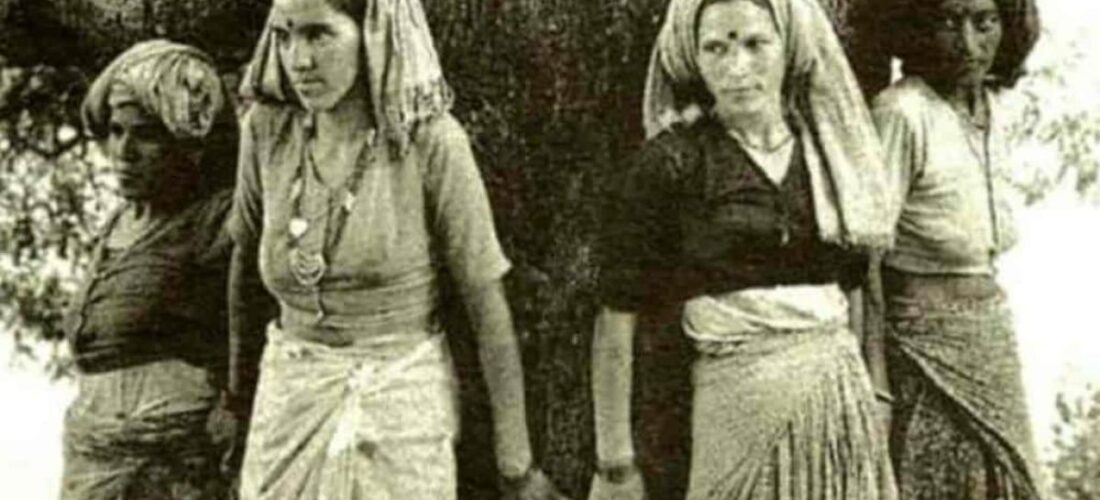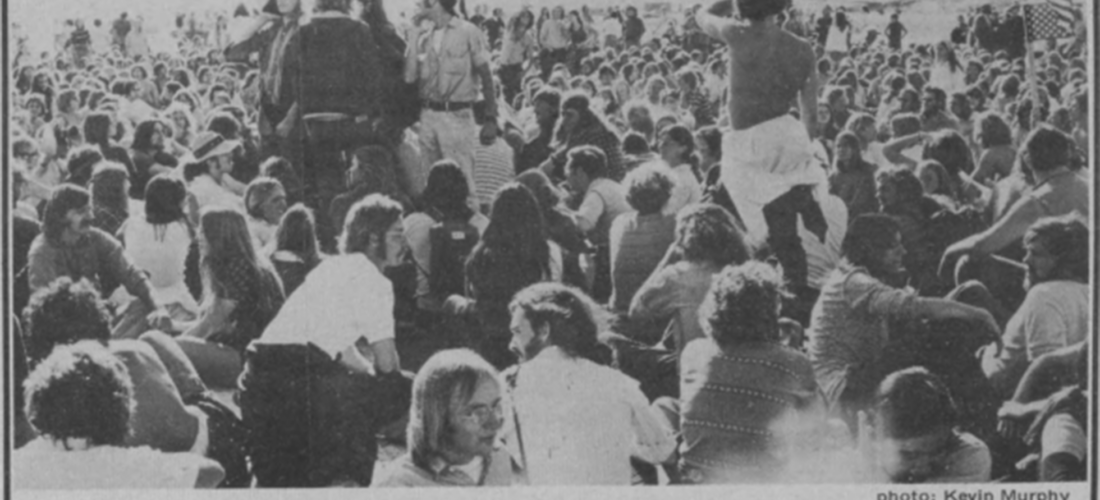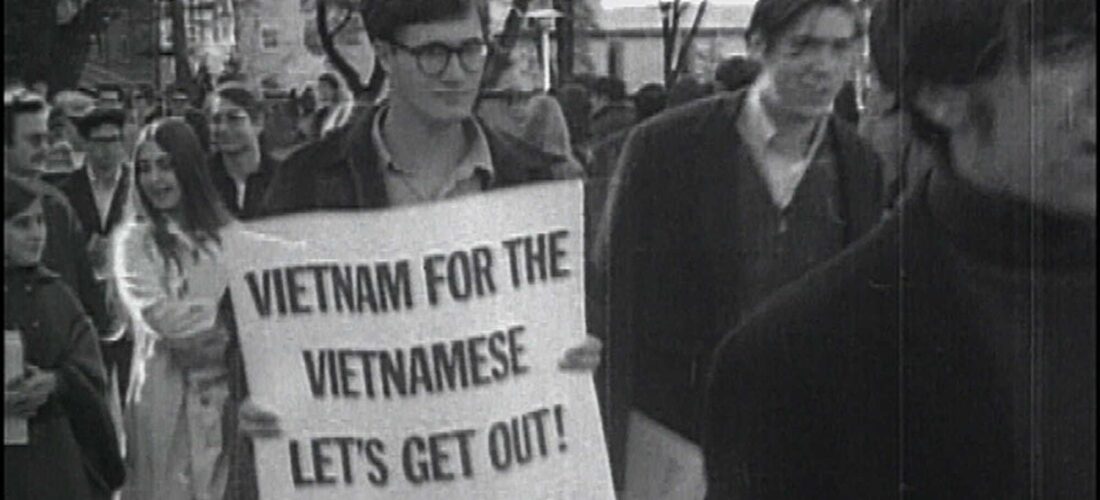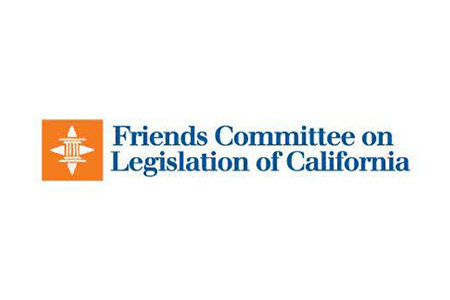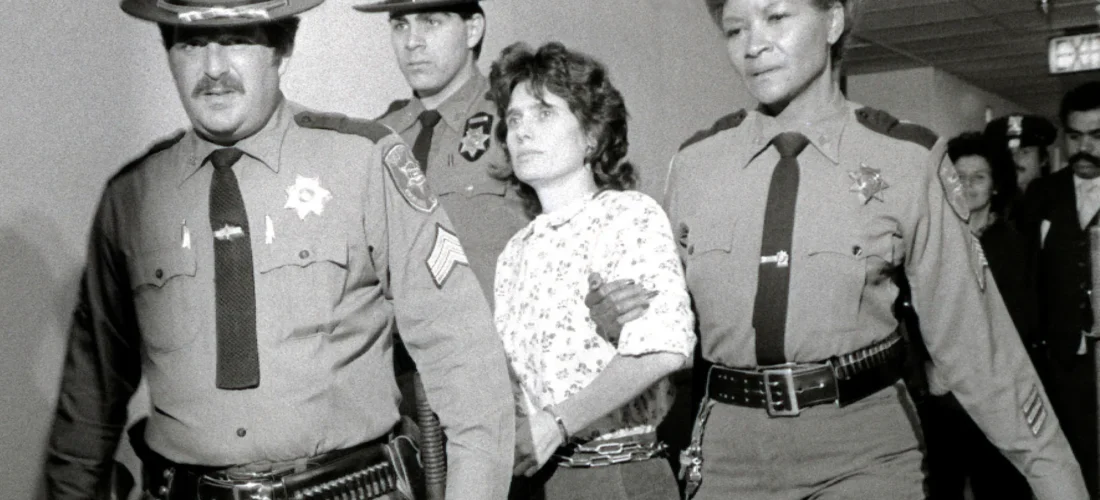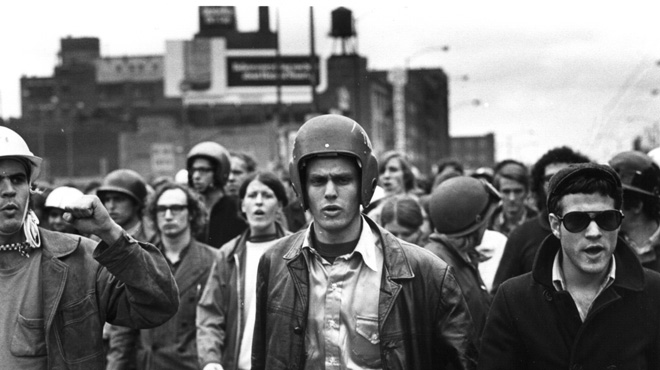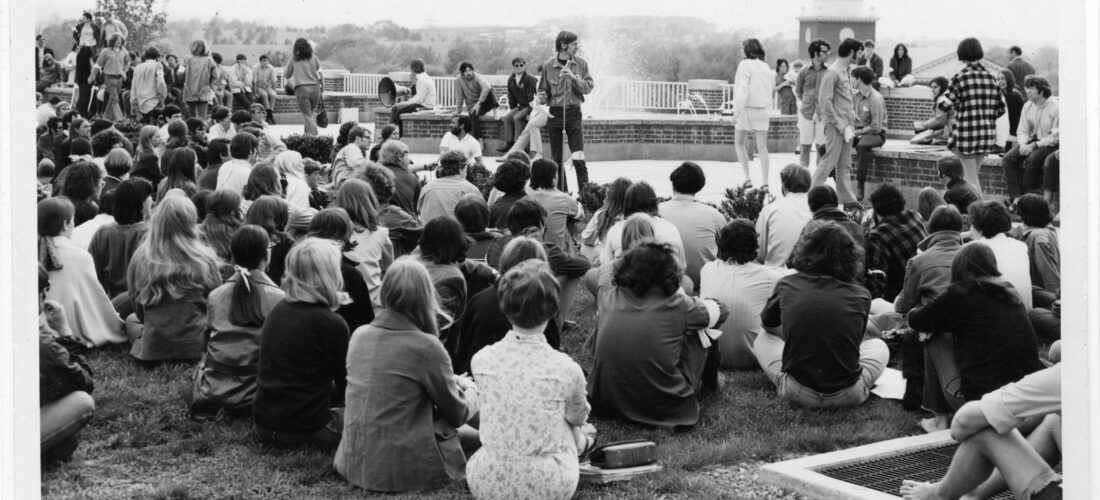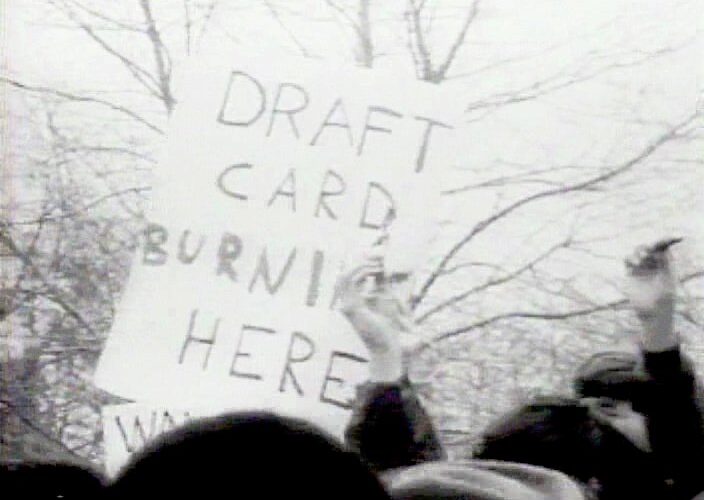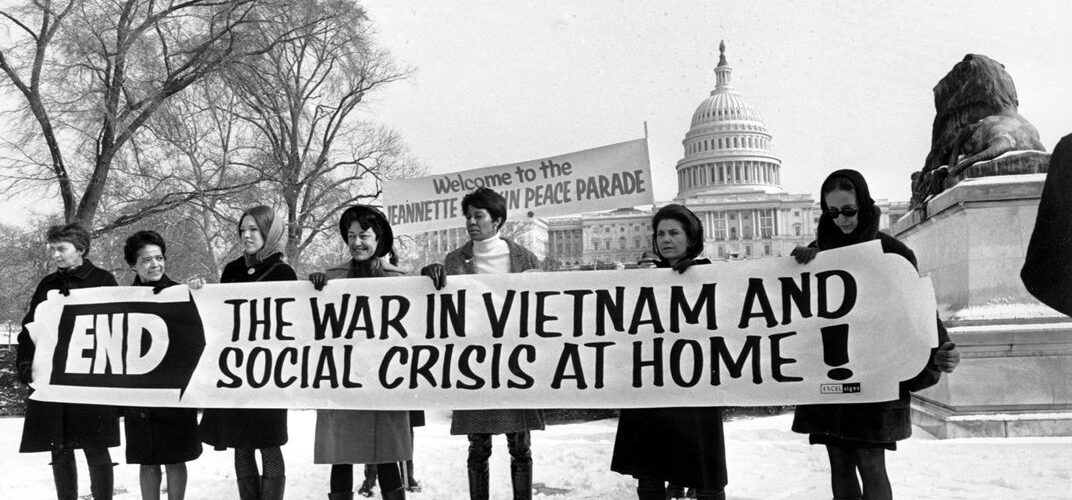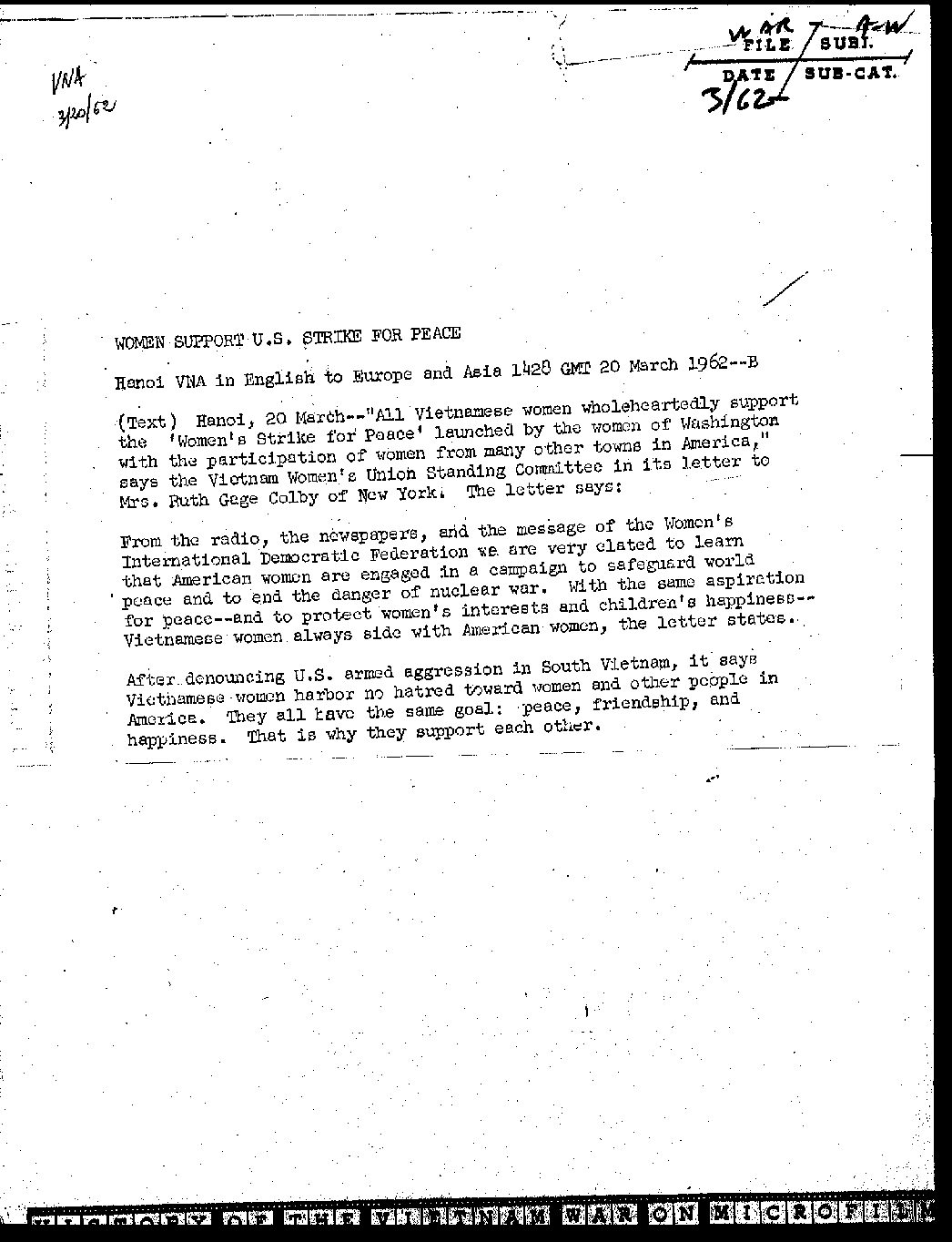This interview explores Bhatt’s journey from a poverty-stricken childhood to his leadership in the Chipko Movement
Chandi Prasad Bhatt and the Chipko Movement
Chandi Prasad Bhatt was a leader of the Chipko Movement, where people in Uttarakhand hugged trees to stop them from being cut down. He believed in nonviolence and worked with local villagers, especially women, to protect forests. His goal was to save the environment and help people live better lives by taking care of nature.

